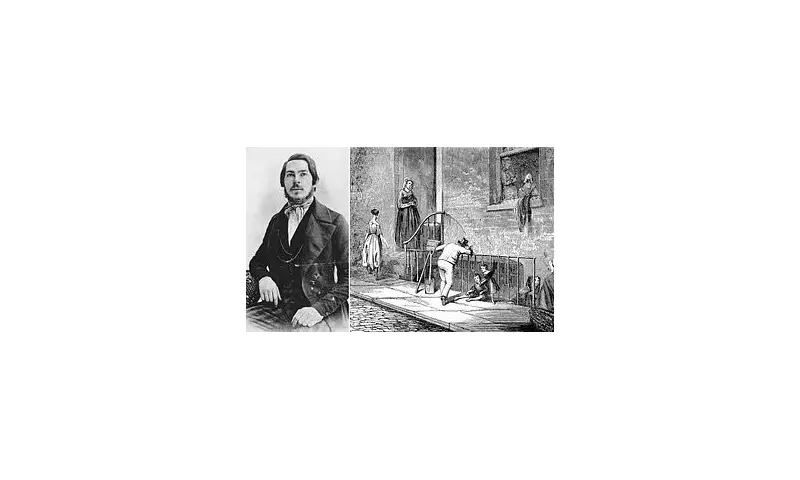
Fresh academic research has uncovered startling revelations about Karl Marx's portrayal of Victorian Britain, suggesting the founding father of communism significantly distorted economic realities to support his ideological framework.
The Manufactured Narrative
A comprehensive study examining Marx's seminal work Das Kapital reveals systematic exaggeration of class divisions during Britain's industrial era. The German philosopher, while living in London exile, painted a picture of extreme wealth disparity that modern analysis suggests didn't match the statistical evidence available at the time.
Selective Statistics
Researchers found that Marx deliberately ignored data showing improving living standards for working-class Britons. "He focused exclusively on the worst examples of industrial conditions while dismissing broader trends of economic progress," the study notes. This selective approach created a powerful but misleading narrative about capitalist exploitation.
Victorian Reality Versus Marxist Rhetoric
Contrary to Marx's assertions, historical records indicate that:
- Real wages for British workers actually increased by approximately 80% between 1850 and 1900
- Life expectancy showed consistent improvement throughout the Victorian era
- Social mobility opportunities expanded significantly during this period
The London Perspective
Living in the British capital, Marx witnessed both extreme poverty and extraordinary wealth. However, the study suggests he interpreted these observations through a predetermined ideological lens, failing to acknowledge the complex, evolving nature of Britain's industrial economy.
Academic Implications
This research challenges fundamental assumptions about one of history's most influential political theories. By revealing the gap between Marx's claims and verifiable historical data, scholars are forced to reconsider how ideological commitment can shape - and potentially distort - economic analysis.
The findings raise profound questions about the relationship between political ideology and objective scholarship, reminding us that even the most influential thinkers are not immune to confirmation bias when building their theoretical frameworks.





